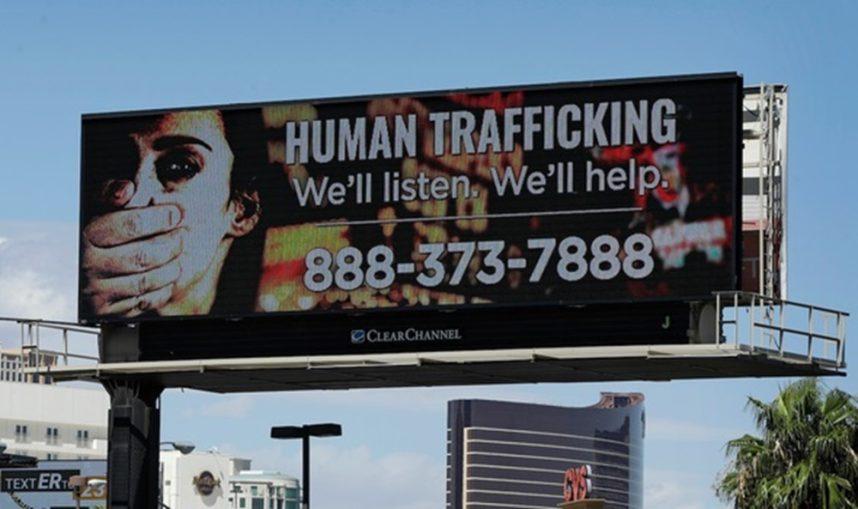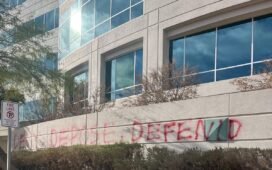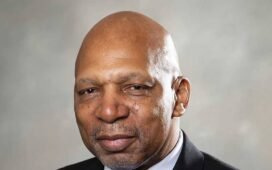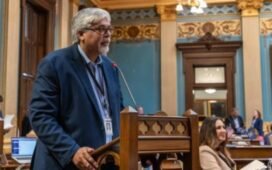Posted on: July 15, 2024, 12:04h.
Last updated on: July 15, 2024, 12:11h.
A group of Las Vegas casino operators have separately filed motions to dismiss a civil lawsuit that accuses them of complicity in underage sex trafficking.

The plaintiff in the case, Tyla D., a pseudonym, was forced to work as a prostitute in Las Vegas from the age of 14 after she ran away from home in 2006, according to the lawsuit. The complaint names as defendants MGM Resorts, the Venetian, and Boyd Gaming, at whose properties her traffickers “forced her to walk the carpets” of, the lawsuit claims.
The plaintiff accuses the casinos of turning a blind eye to prostitution because Las Vegas has always tolerated “a nominally illegal yet nearly omnipresent commercial sex sector,” per the suit.
Even the famous slogan: “What Happens in Vegas Stays in Vegas” is a “thinly veiled promise to tolerate sex tourism,” according to the complaint.
“The hierarchy the casinos pioneered decades ago remains largely intact: A ‘clean’ prostitute who doesn’t make trouble is welcome in any casino on the Strip because [the casinos] and their employees know cracking down on the trade would put them at a disadvantage versus more ‘tolerant’ competitors. And recent research shows casino employees still frequently earn generous kickbacks for connecting guests to sex workers,” the suit alleges.
Total Control
While working as a prostitute, Tyla D. was controlled and threatened by several men who each “beat her, raped her, forced her to have sex with strange men, took all or nearly all her earnings, held onto some or all of her identification documents, controlled her access to basic needs like food and housing, and had her watched at all times,” the lawsuit states.
In 2007, Tyler D. was arrested, which enabled her to escape her pimps, but by 2013 she found herself forced back into sex work.
By this time, casinos were using facial recognition software to help security staff identify and turn away undesirable individuals.
The complaint claims, “on information and belief,” that this technology was able to, and did, recognize and flag Tyla B. as a suspiciously frequent visitor to the casino, but staff did nothing. The suit claims this is illustrative of the casinos’ complicity in her predicament.
‘Generalized and Speculative’
In separate motions to dismiss the case, the operators argued that Tyla B.’s complaint is time-barred by the statute of limitations. They also assert that the plaintiffs’ allegations are “generalized and speculative,” and the lawsuit fails to state a specific claim against any of the operators.
Complaint alleges specific conduct of Plaintiff’s traffickers alongside generalized and speculative allegations against all ‘Defendants’ collectively, against the backdrop of broad allegations about the nature of Las Vegas marketing, tourism, and resort operations,” lawyers for Boyd Gaming argued.
Tyla B. says she still has nightmares about being trafficked. She is seeking unspecified compensatory and punitive damages and other costs.
Nevada has the second-highest sex trafficking rate in the US per capita, behind Mississippi. The FBI has described Las Vegas as one of 13 “High Intensity Child Prostitution Areas.”















